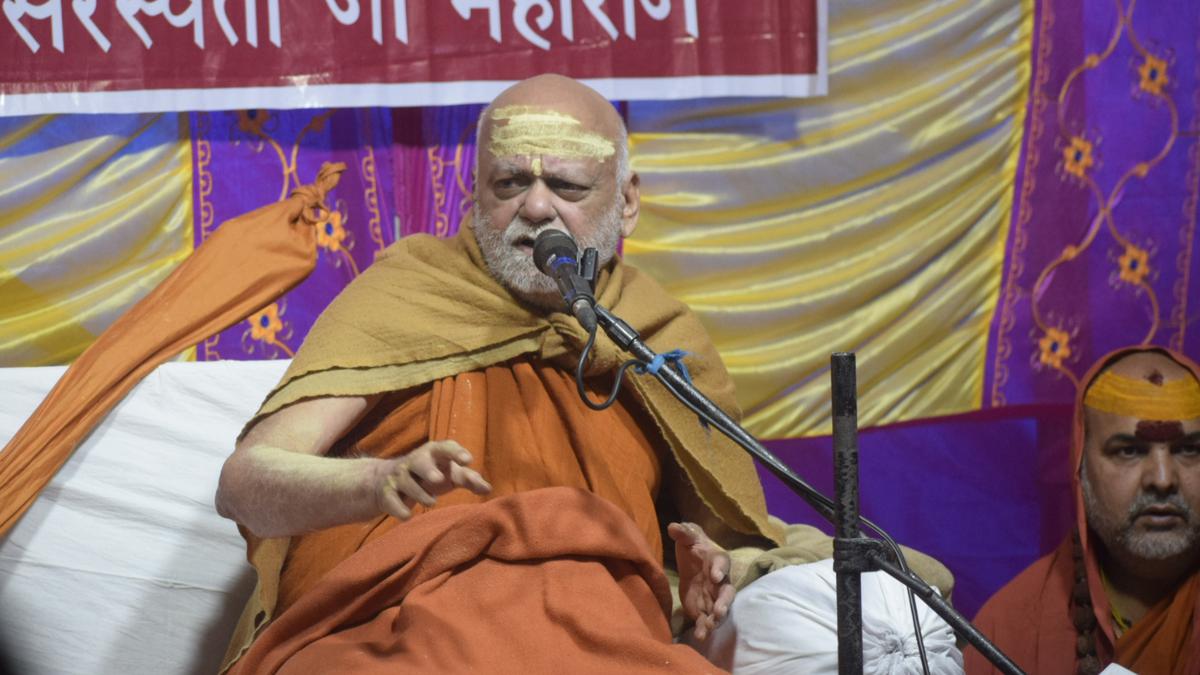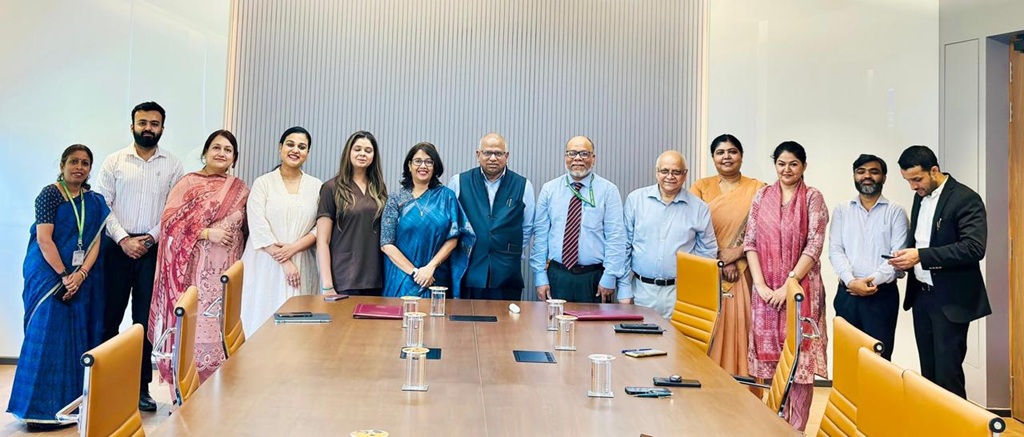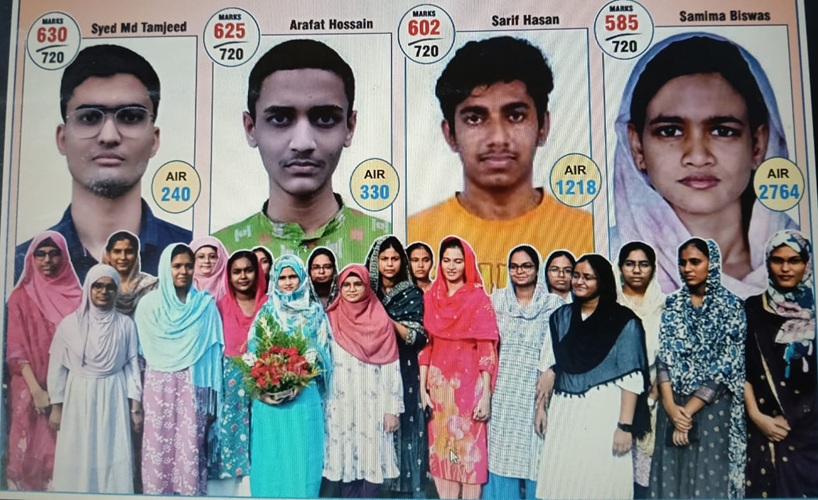NEW DELHI – The Ram Temple in Ayodhya did not have any positive impact on the electorate. That is the reason why most of the Bharatiya Janata Party (BJP) candidates got defeated in the Lok Sabha elections, Shankaracharya Nishchalananda Saraswati of Puri has said.
Addressing the media in West Bengal’s Bolpur city on Wednesday, the Shankaracharya said the people of Ayodhya have delivered a strong message to the BJP. The party’s focus on the Ayodhya Ram temple issue had a direct impact on its electoral performance in Uttar Pradesh. “The people of Ayodhya have given their verdict by defeating the BJP candidate. If the Ram Mandir issue had any positive impact on the people, the BJP candidates would not have been defeated,” the Shankaracharya said.
He said Prime Minister Narendra Modi should not have inaugurated the Ram Temple. The Shankaracharya emphasised that Ayodhya voters have voiced their disagreement with the BJP on this issue. “Even if the prime minister was a Brahmin, he should not have inaugurated the Ram temple because he is also a politician,” he said. Notably, the Shankaracharya of Puri did not attend the opening ceremony of the temple in January this year.
Reflecting on the political implications of the outcome of the Lok Sabha elections, he said: “They feel that if the Congress comes to power, the Ram temple will not be built or it will be shifted to another place. Before this election, Modi felt that the Congress was weak. Now they will think of something else.”
Openly throwing a challenge at the prime minister, the Shankaracharya said: “Anyone who attacks me is a thief. Modi should not pick up a fight with me. Earlier, former West Bengal chief minister Jyoti Basu tried to fight me but failed. Mulayam Singh Yadav also committed the same mistake and he also met the same fate. I think Modi should not do this. Can anyone punch the sky? We are at that level.”
The Shankaracharya’s remarks have sparked a significant discussion on the intersection of religion and politics in India, especially concerning the sensitive issue of the Ram Temple in Ayodhya. His critique highlights a broader debate about the appropriate roles and actions of political leaders in religious matters.






0 Comments